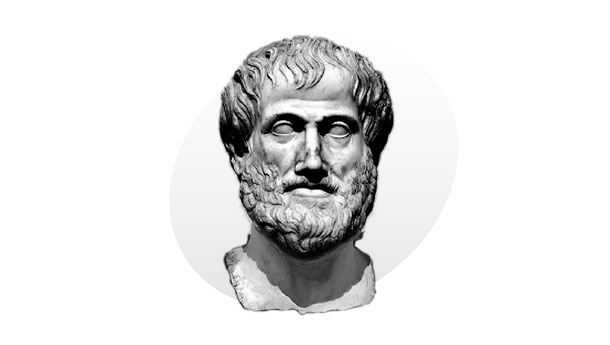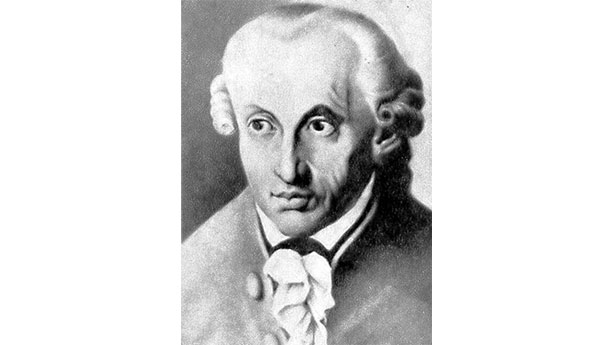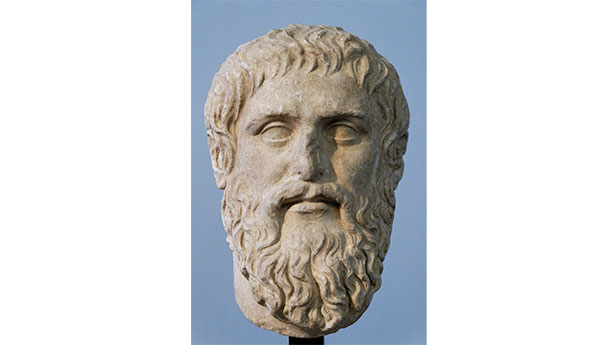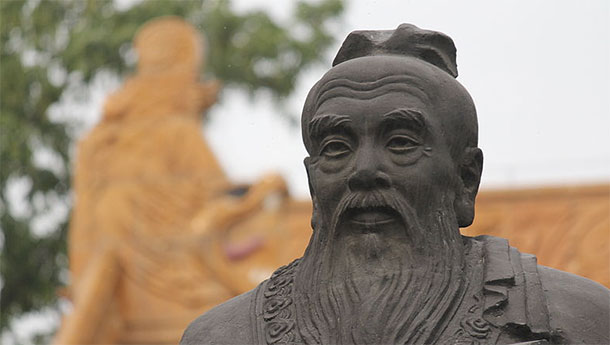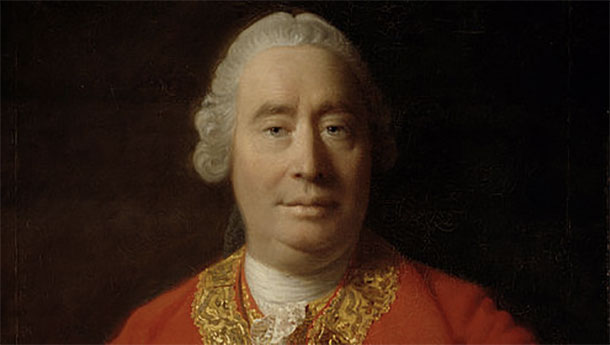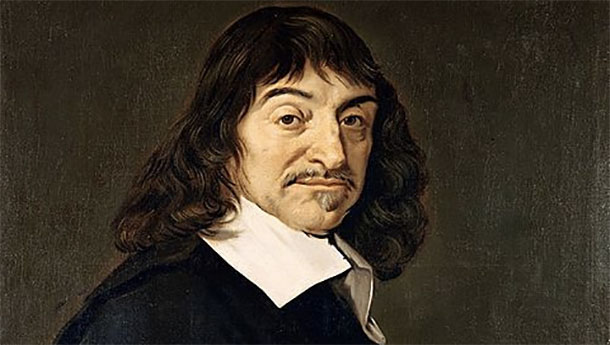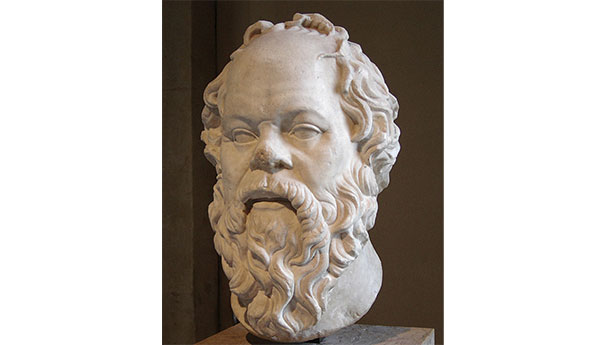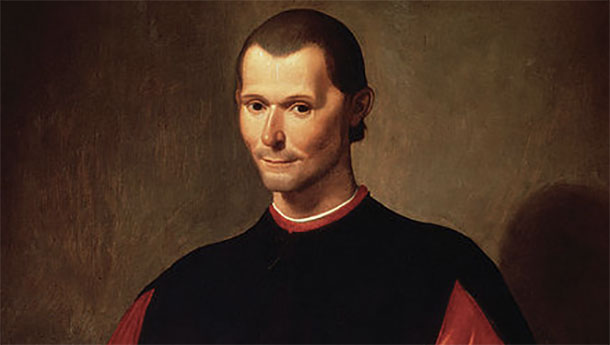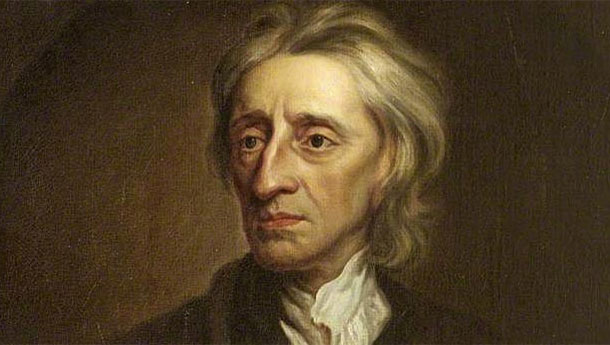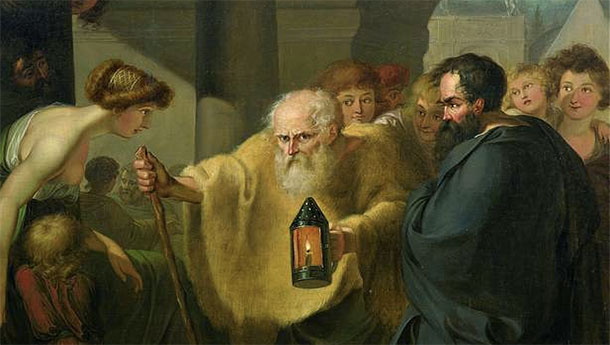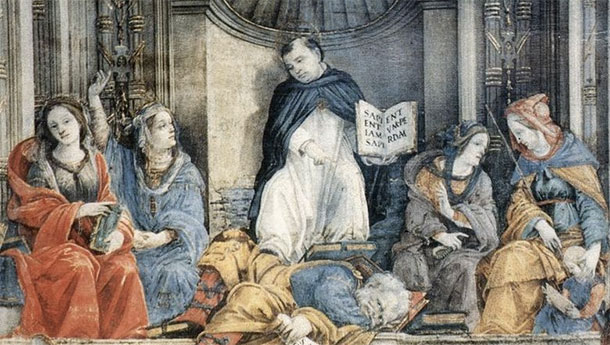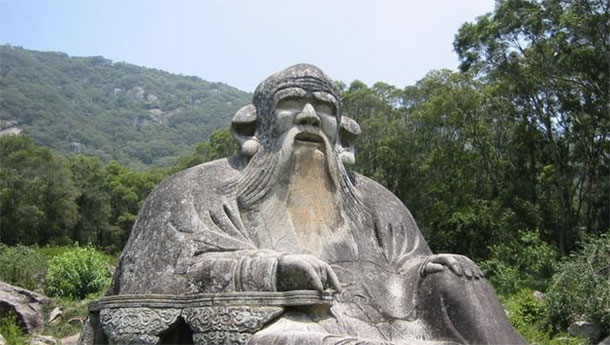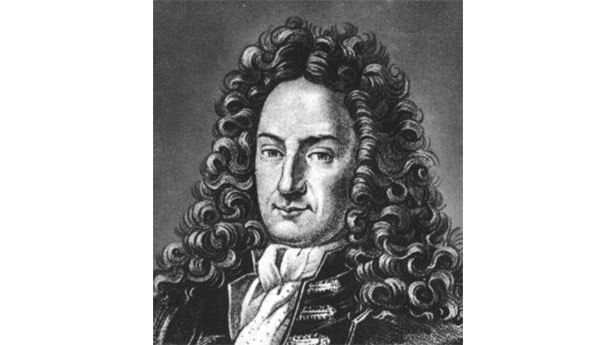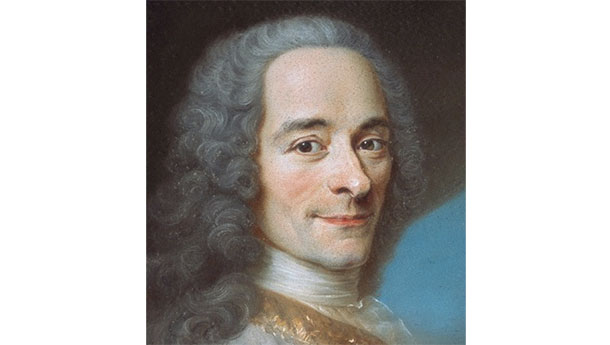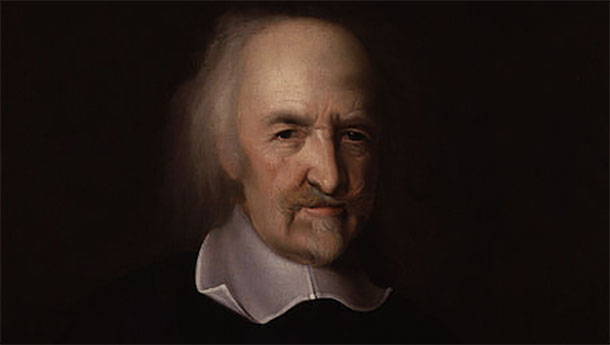Many thought-provoking quotes originated from famous philosophers. Sadly, many people may know the quote, but not who made it up. So, from unknown to famous philosophers, get ready for a trip through time because they are the 25 Greatest Philosophers Who Ever Lived! We can only know what we perceive the world to be like (phenomenal world). Basically, we can’t know whether or not everything is just one big Matrix. His views shaped later Chinese thought and led to what is now called Confucianism. He claimed that our beliefs don’t come from our reason but rather from our feelings and ideas of how the world should be. In fact, Kant (#24) got many of his ideas from Hume. He is famous for the Socratic Method in which a series of questions are asked in order to lead the listener to a conclusion. This book shocked people because before that time, everyone thought rulers were (or should be) virtuous. He claimed that, “Might makes right,” and “It is better to be feared than loved.” He is also well known for using very simple words in his writings. When asked how we can know that external objects really exist at all, Locke said to simply stick your hand in a fire. Diogenes believed that Athens had become corrupt with vanity and wanted to bring back virtuous living. He would even walk through the streets of Athens while holding a lamp and saying that he was “looking for an honest man.” This belief system focuses on the “Dao” (sometimes, Tao, which means “the Way”). Basically, it involves “action through inaction.” In some ways, this was the opposite of Confucius’s very active philosophies. Laozi’s ideas, however, went on to influence Confucianism, Buddhism, and other areas of Chinese society. Instead, he believed that the entire world (including the mind) was made of immaterial forces that he called, Monads. For example, he argued that the miracles were not supernatural. Many of these beliefs got him in trouble with the authorities. His most notable positions include just war and bridging the divide between free will and predestination. He answered the question, “Has science and art made humans more or less moral?” His answer, that it has made humans less moral, surprised people. He argued that advancements in science only created more inequality and gave the government more power. It meant he believed in form of capitalism in which the government doesn’t interfere. Her ideas have strongly shaped modern libertarianism and conservatism.
